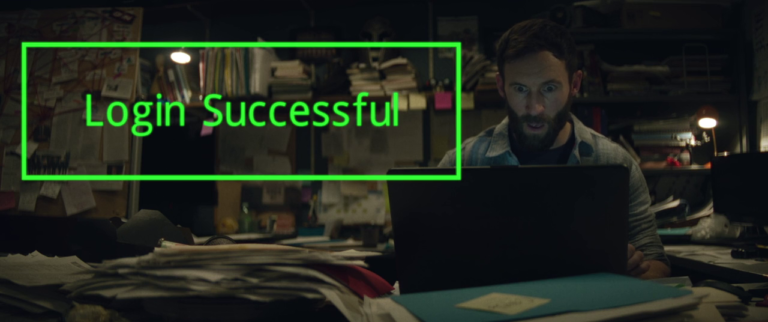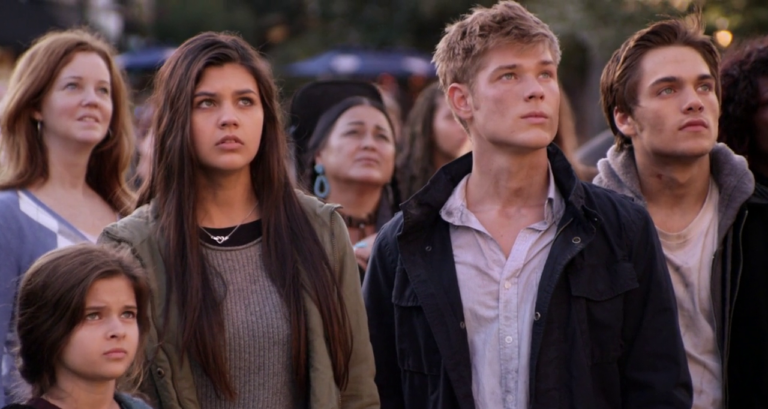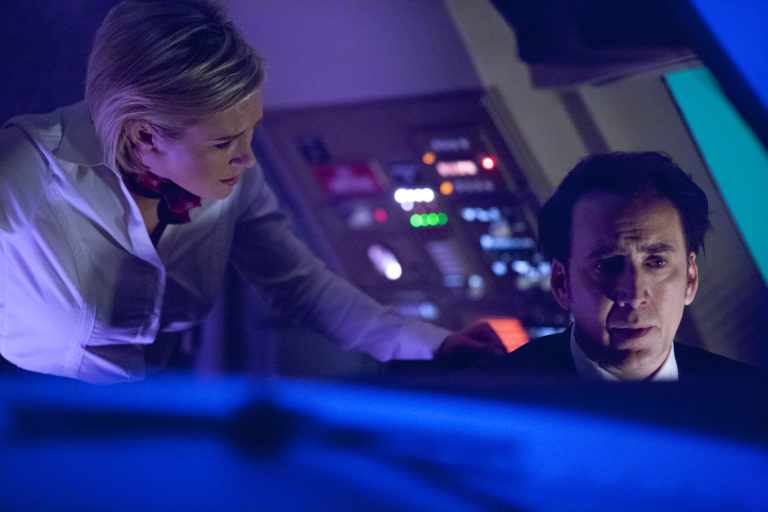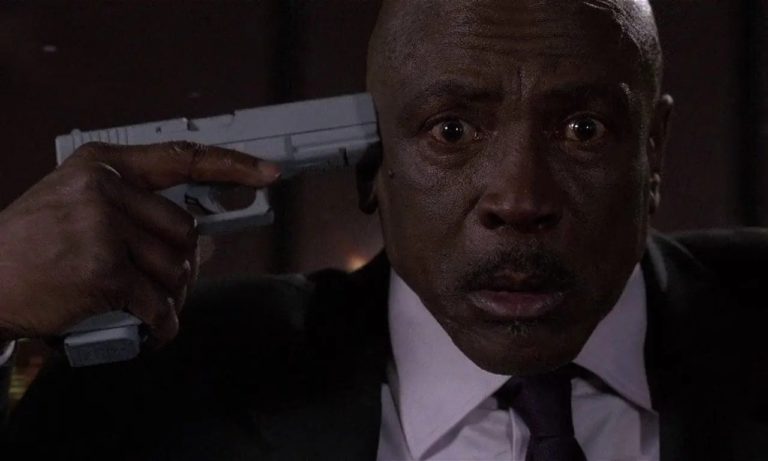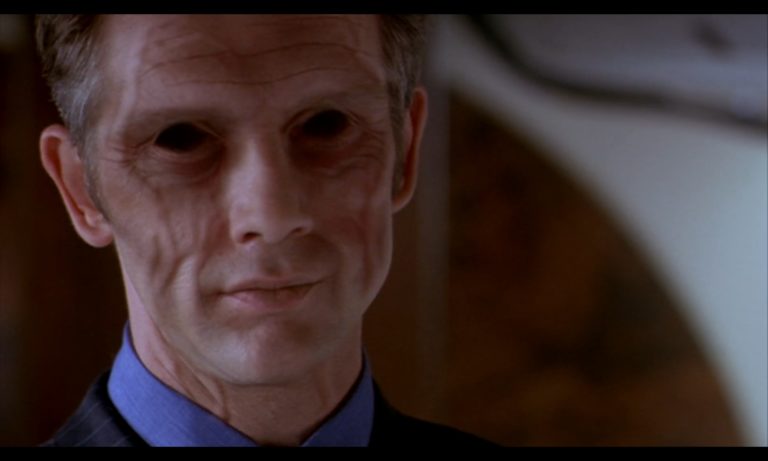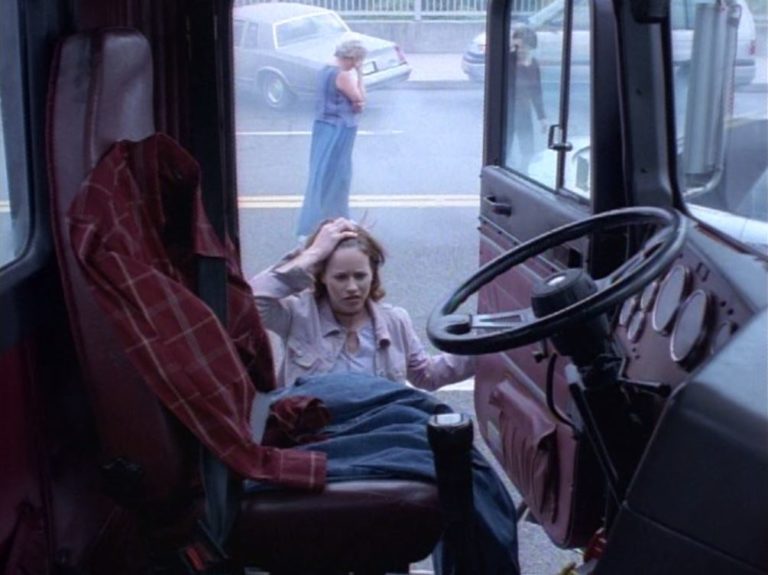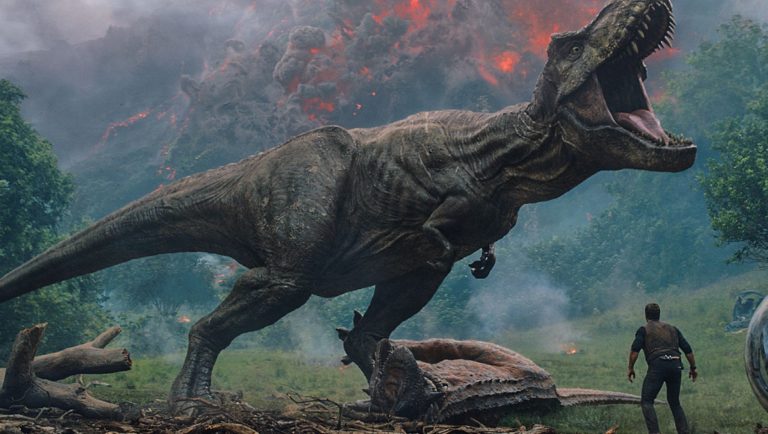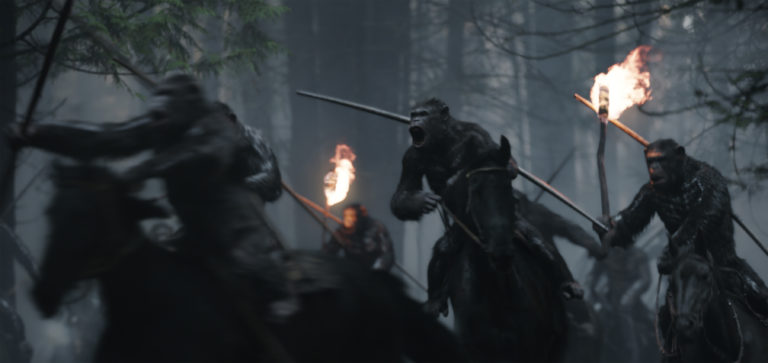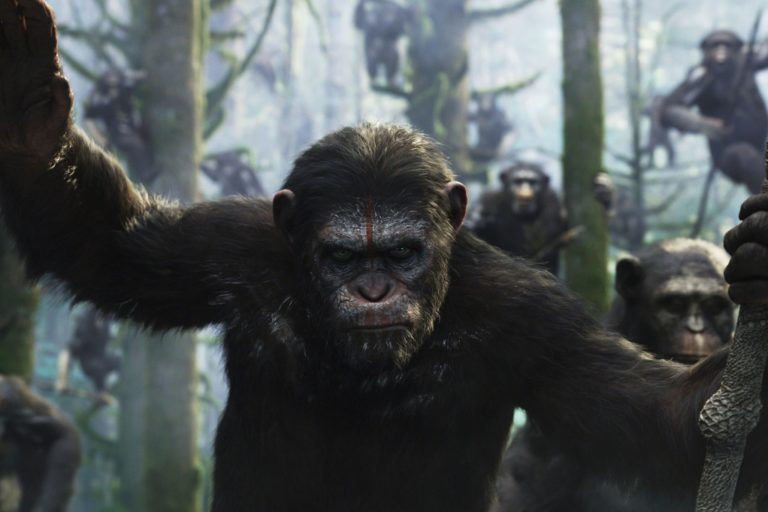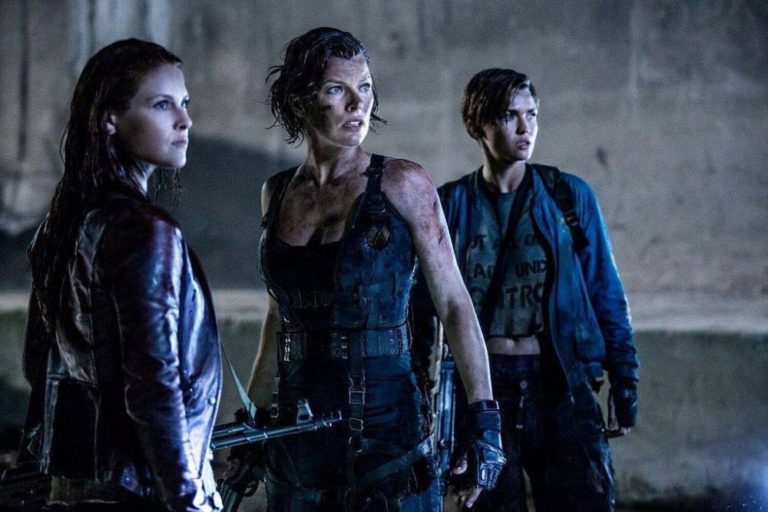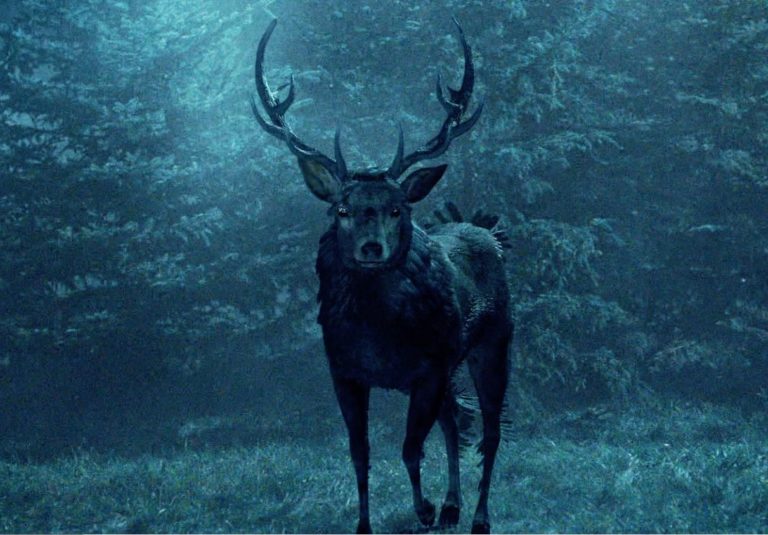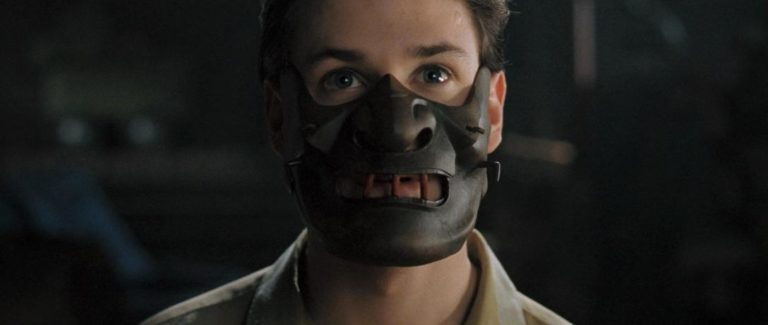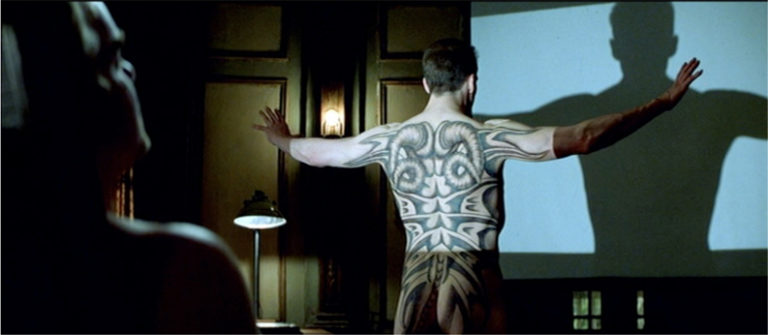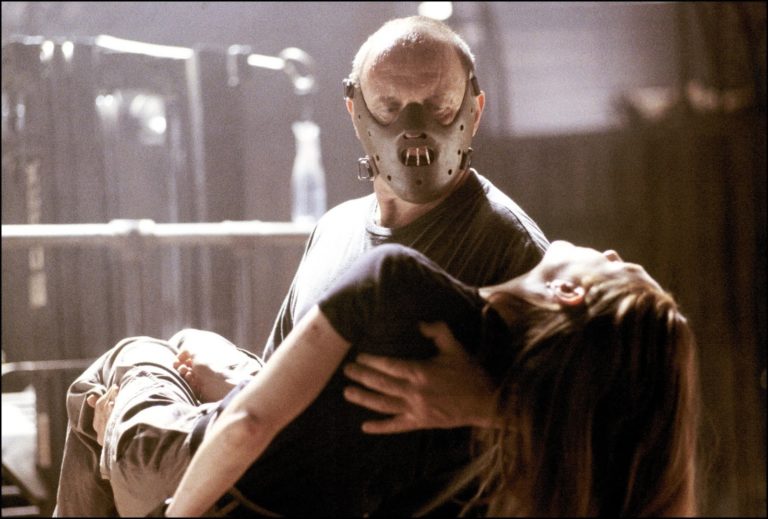Welcome back to the Left Behind retrospective! We have finally reached the most recent entry in the...
Retrospectives
Welcome back to the Left Behind retrospective! In this entry we’ll be going over the fifth film...
Welcome back to the Left Behind retrospective! In this entry we’ll be going over the fourth film...
Welcome back to the Left Behind retrospective! In this entry we’ll be going over the third film...
Welcome back to the Left Behind retrospective! In this entry we’ll be going over the second film...
It’s been quite a while since my last retrospectives series (more than 3 years now), but that’s...
Welcome back to the Jurassic Park retrospective! In today’s post we’re going to talk about the most...
Welcome back to the Planet of the Apes retrospective! In today’s post we’re going to be looking...
Welcome back to the Planet of the Apes retrospective! In today’s post we’re going to be looking...
Welcome back to the Resident Evil retrospective! …yes, you read that correctly. It’s been more than seven...
Welcome back to a very special bonus entry in the Hannibal Lecter retrospective! In today’s post we’re...
Welcome back to the Hannibal Lecter retrospective! In today’s entry we’re going to be looking back at...
Welcome back to the Hannibal Lecter retrospective! In today’s post we’ll be looking at 2002’s prequel/remake/cash-in, Red...
Welcome back to the Hannibal Lecter retrospective! In today’s post we’ll be looking at the follow-up to...
